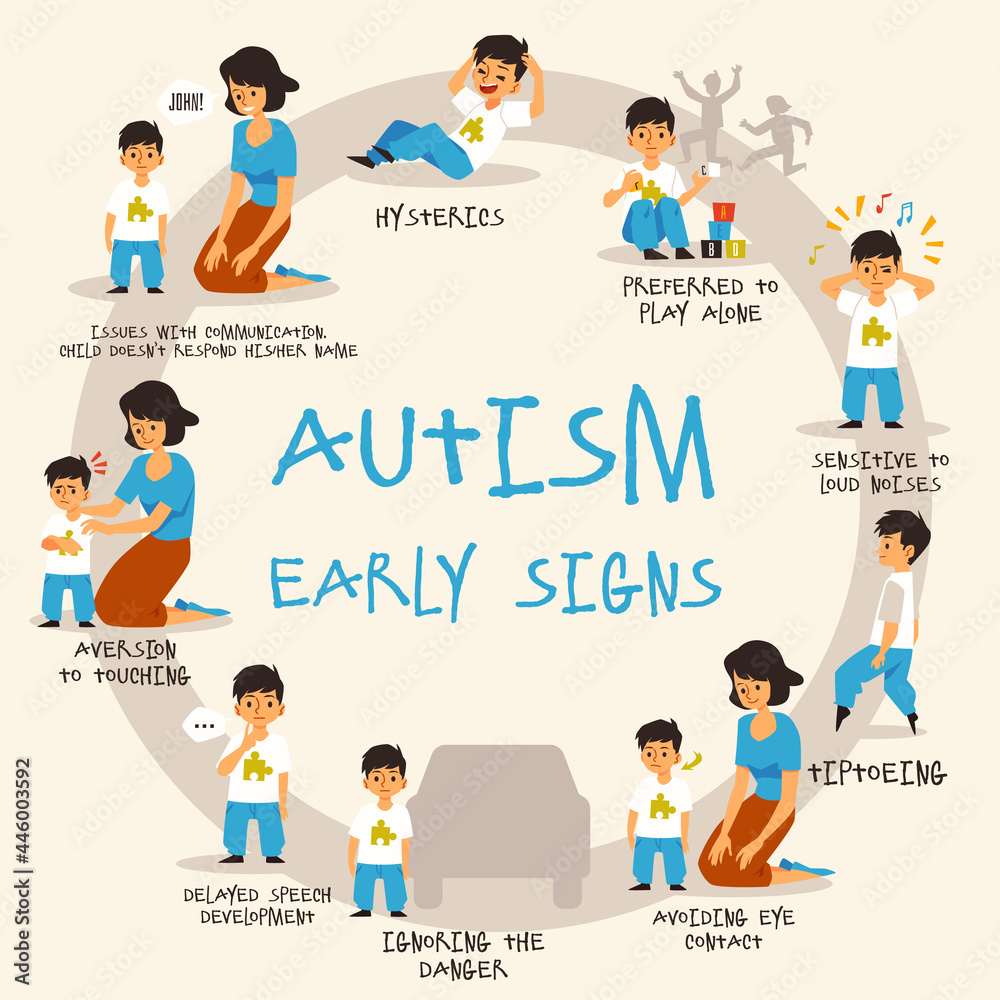One Of The Best Tips About Does Franklin Have Autism

Franklin (serie 1997) Tráiler. Resumen, Reparto Y Dónde Ver. Creada
Franklin and His World
1. Delving into the Mysteries of Franklin's Behavior
Let's talk about Franklin. You know, that adorable little turtle from the beloved children's series. He's brave, he's kind, and he's got a shell that's practically a mobile home. But lately, a question has been popping up more and more: does Franklin have autism? It's a valid question, and one that deserves a thoughtful exploration, not just a quick "yes" or "no." After all, were dealing with fictional characters, and interpreting their behaviors is part of the fun. Think of it like trying to figure out who stole the cookies from the cookie jar — everyone has their theories!
The idea stems from observations of Franklin's behaviors. Sometimes hes intensely focused on certain things, perhaps more so than his friends. Maybe he has little routines he sticks to. Maybe he struggles with social situations that seem easy for others. These are all behaviors that can be associated with autism spectrum disorder (ASD), but its crucial to remember that correlation doesnt equal causation. A character showing some of these traits doesnt automatically mean they are explicitly written to have autism.
The absence of explicit confirmation from the creators of Franklin further complicates the matter. We, the viewers, are left to piece together the puzzle ourselves. But that's part of what makes stories so engaging, right? We bring our own experiences and understanding to the table, and we interpret what we see through our unique lenses. It's like looking at clouds — you might see a dragon, I might see a fluffy bunny. It doesnt mean either of us is wrong, just that we're seeing things differently.
Ultimately, whether or not you perceive Franklin as displaying autistic traits is a personal interpretation. Theres no definitive answer, and that's perfectly okay. What's important is that we approach the conversation with respect and understanding, recognizing the diversity of human experience and appreciating the many ways people can interact with the world.

What I Wish People Understood About NonSpeaking Autistics Who Spell To
Decoding Social Cues
2. Observing Franklin's Relational Dynamics
One of the recurring themes in Franklin is the importance of friendship and navigating social situations. But sometimes, Franklin seems to struggle in these areas. Does he always understand the unwritten rules of social interaction? Does he sometimes miss subtle cues that his friends pick up on easily? These are questions that can lead us to consider whether he might be interpreted as being on the autism spectrum.
Think about a time when Franklin might have misunderstood a joke, or perhaps taken something literally when his friends meant it figuratively. These types of social misunderstandings are common experiences, but for some individuals with autism, they can be more frequent and challenging. It's important to consider if these instances are simply part of Franklin's character development, or if they could be viewed as indicators of something more.
It's also worth noting that children's shows often use exaggerated character traits to make their characters more relatable or humorous. What might seem like a potential sign of autism in one context could simply be a comedic device in another. So, we must be careful not to jump to conclusions based solely on isolated incidents.
The beauty of art and storytelling is that it can reflect the complexities of human life. Franklin's social interactions, whether interpreted as typical or potentially indicative of something more, offer opportunities for valuable discussions about empathy, understanding, and acceptance. The key is to use these observations to foster greater awareness and sensitivity towards the diverse ways people experience and navigate social situations.

Repetitive Behaviors and Special Interests
3. Analyzing Habits and Enthusiasms
We all have our little quirks and habits, right? Maybe you always have to have your coffee a certain way, or maybe you have a lucky pen that you always use for important tasks. For some individuals with autism, these kinds of repetitive behaviors and special interests can be more pronounced and significant. So, when we look at Franklin, do we see any hints of these patterns?
Does Franklin have a particular fascination with a certain object or activity? Does he engage in repetitive movements or routines? These are the kinds of things that observers might point to as potential indicators of autistic traits. But again, it's crucial to avoid making assumptions. Many children (and adults!) have strong preferences and routines without being on the autism spectrum.
Perhaps Franklin is intensely focused on collecting rocks, or maybe he has a specific way he likes to organize his toys. These behaviors could be interpreted as special interests, which are often a characteristic of autism. However, they could also simply be manifestations of a child's natural curiosity and desire to explore the world around them.
The important thing is to consider these behaviors in the context of Franklin's overall character and the narrative of the show. Are they presented as challenges that he needs to overcome, or are they simply part of what makes him unique and special? The answer to this question can help us to better understand the potential implications of these behaviors.

The Power of Interpretation
4. Exploring Subjective Perceptions
Here's where things get really interesting. Ultimately, whether or not you see autistic traits in Franklin comes down to your own interpretation. There's no right or wrong answer. It's all about how you perceive his behaviors and how you relate to him as a character.
Some viewers may see themselves or their loved ones in Franklin, recognizing familiar patterns and behaviors. Others may not see any connection at all. And that's perfectly fine! We all bring our own unique perspectives and experiences to the table, and those perspectives shape the way we interpret what we see.
The discussion surrounding Franklin and autism highlights the importance of representation in media. When we see characters who reflect the diversity of human experience, it can help to foster greater understanding and acceptance. It can also provide a sense of validation and connection for individuals who may feel marginalized or misunderstood.
So, the next time you're watching Franklin, take a moment to consider your own perspective. What do you see in him? How do you relate to his experiences? And how does your own understanding of autism shape your interpretation of his character? These are all important questions to ask yourself as you engage with the story.

Autism Meltdowns Causes, Signs, And Strategies For Support
Why Does It Matter? The Importance of Understanding and Acceptance
5. Promoting Awareness and Empathy
You might be wondering, why are we even talking about this? Why does it matter whether or not Franklin has autism? The answer is simple: it matters because understanding and acceptance matter. When we talk about representation in media, and when we discuss the possibility of characters displaying autistic traits, we're opening up important conversations about diversity, empathy, and inclusion.
By considering the possibility that Franklin might be on the autism spectrum, we're challenging ourselves to think beyond stereotypes and to see the world from different perspectives. We're learning to appreciate the unique strengths and challenges that individuals with autism face, and we're fostering a greater sense of compassion and understanding.
It's also important to remember that autism is a spectrum, meaning that it affects individuals in different ways. There's no one-size-fits-all definition of autism, and no two individuals with autism are exactly alike. By exploring the nuances of Franklin's character, we're acknowledging the complexity of autism and challenging the notion that there's only one way to be "normal."
Ultimately, the discussion about Franklin and autism is about promoting a more inclusive and accepting world. It's about celebrating the diversity of human experience and recognizing the value of every individual. And that's something that's worth talking about.

Introduction To Autism, Part 1 What Is Autism? Reframing Autism
Frequently Asked Questions (FAQs)
6. Answering Common Queries
Q: Is it officially confirmed that Franklin has autism?
A: No, there's been no official confirmation from the creators of the Franklin series that he has autism. The idea stems from viewers observing certain behaviors and relating them to traits associated with autism spectrum disorder.
Q: What behaviors might suggest Franklin could be on the autism spectrum?
A: Some potential indicators could include intense focus on specific interests, difficulty with social cues, adherence to routines, and literal interpretations of language. However, these are interpretations and not definitive diagnoses.
Q: Why is it important to discuss whether or not fictional characters have autism?
A: Discussing these possibilities raises awareness about autism spectrum disorder, encourages empathy, and promotes understanding of neurodiversity. It also highlights the importance of representation in media.
Q: Can you use a fictional character to diagnose?
A: No, definitely not! Analyzing a fictional characters behavior should not be mistaken as an evaluation to diagnose anyone. The point of the story is awareness, not diagnosis!